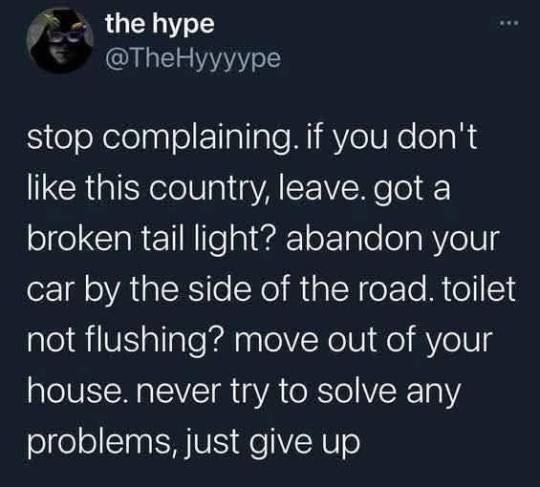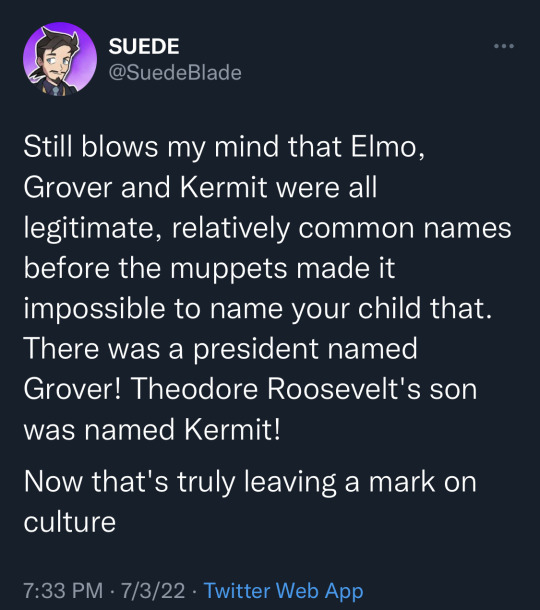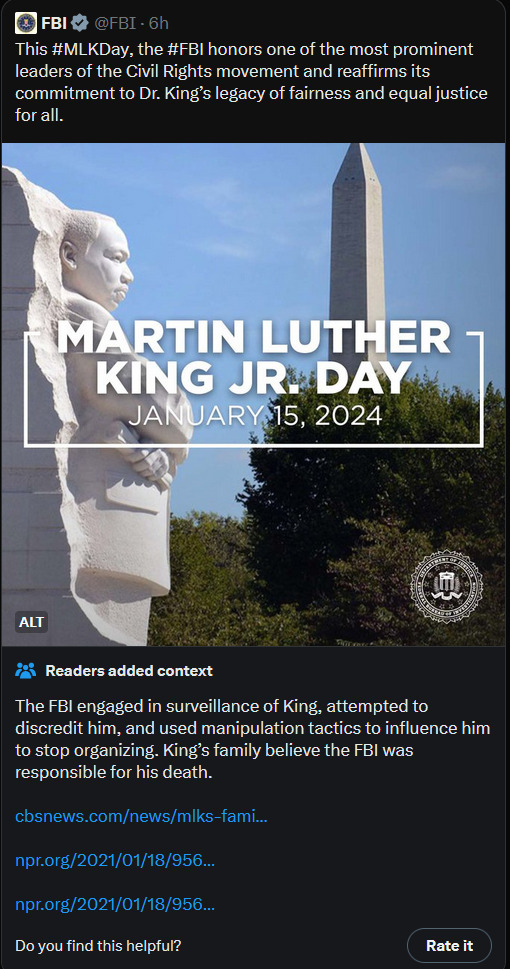Don't wanna be here? Send us removal request.
Text
top places to publicly overshare online:
tumblr blog
youtube comment section of a song
55K notes
·
View notes
Text
im joining the war on gross disgusting pornographic content on the side of gross disgusting pornographic content
86K notes
·
View notes
Text
“no one’s ever mad at me unless they tell me so” is the best assumption i’ve ever made
97K notes
·
View notes
Text
Websites to learn languages by reading
Hyplern
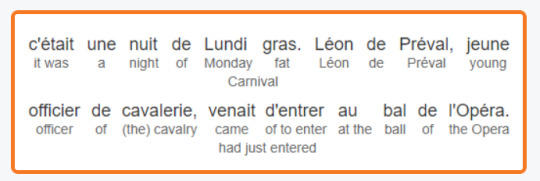
Language Crush
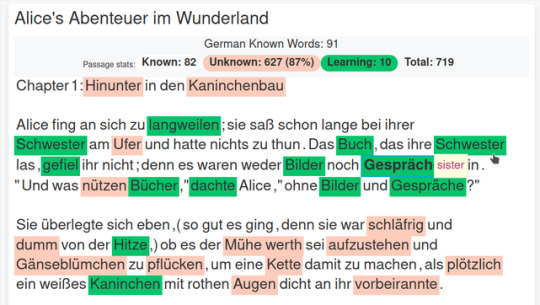
Readlang
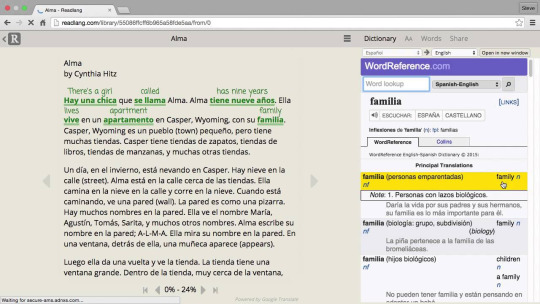
Vocab Tracker

12K notes
·
View notes
Text
imagine cloth mother and wire mother in family court competing for custody of the baby monkey
49K notes
·
View notes
Text
i love calling everybody honey and baby and babe and sweetheart and my love unless i have a big crush on you because that makes me start talking to you like a serial killer
1K notes
·
View notes
Text
an ice cold beer topped with a scoop of vanilla ice cream. lying on top of the ice cream foam is a salted peanut. this is the angel. around him are sprinkles (his tears). this is "the angel's lament", my new cocktail
129K notes
·
View notes
Text
do any of you remember that gumball episode where darwin becomes mega paranoid after watching a health and safety video so to quell his anxiety he goes out of his way to make everything kid friendly and inoffensive by propositioning it as being for the children and then he becomes a fascist at the end
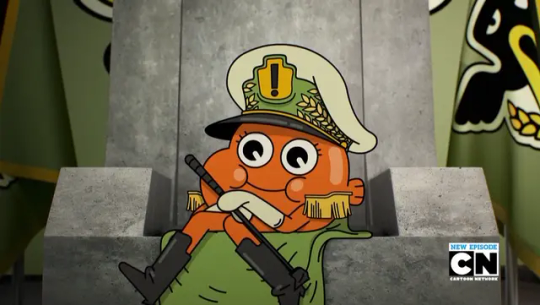
37K notes
·
View notes




